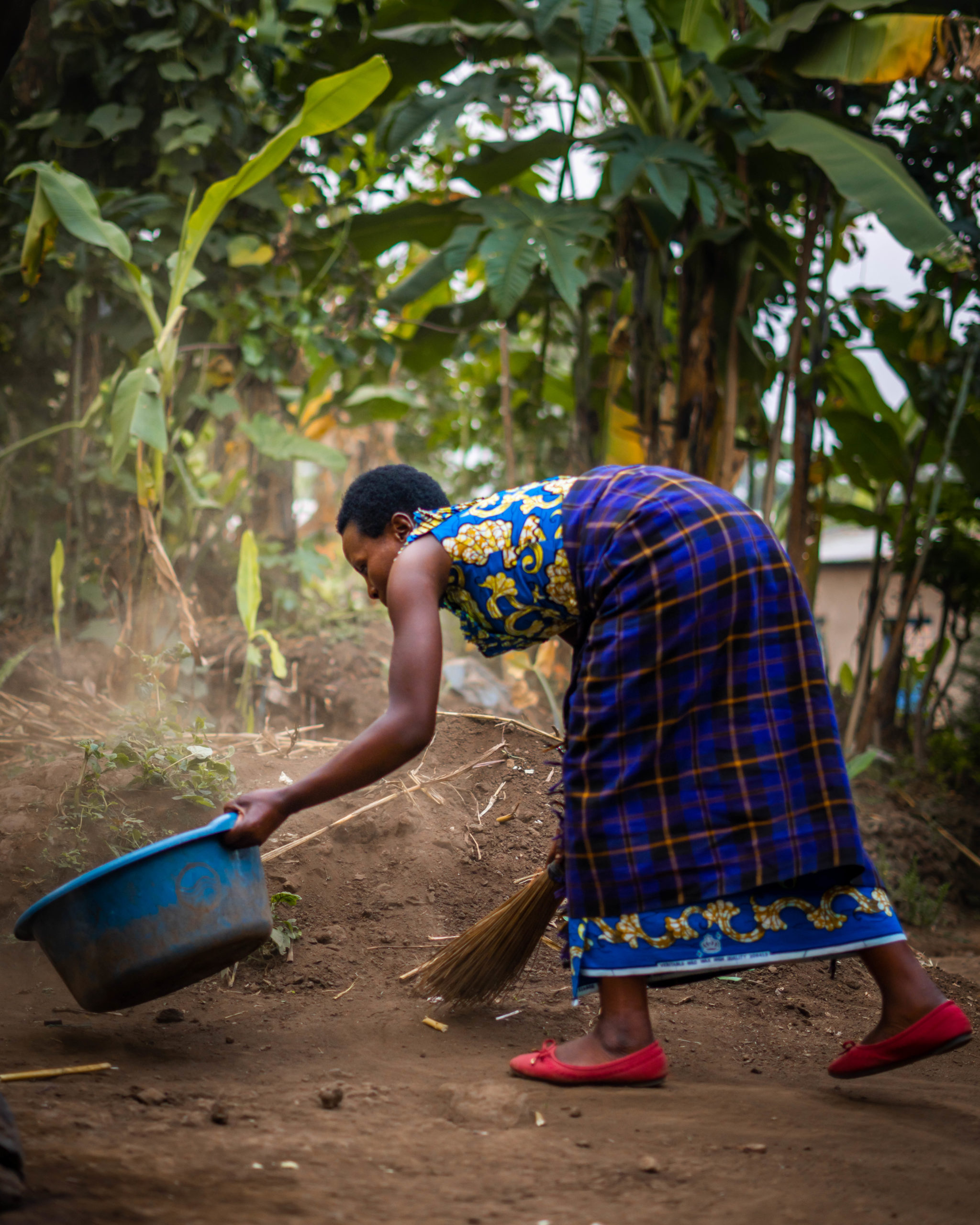While growing up, Muteto was told she looked different from all her siblings, something which bothered her because as a child, all you want is to fit in your family.
Her siblings would make fun of her ‘weaker’ stature; they would also tell her how her features looked different from theirs.
“This really bothered me because rumours had it that my father was different from that of my siblings. I didn’t like this story. All I wanted was my family, for us to be the same and nothing else.”
She would approach her mother with her worries who instead assured that there was nothing to worry about, and that her siblings were just playing.
It was during the 1994 genocide against the Tutsi that she came to learn of the truth. A young man with whom they used to sing together in the church choir advised her to hide or else she was prone to being murdered. But the rest of the family never had to hide for their safety. They were of different ethnic groups, and that’s when she realised that her siblings were not playing after all.
“It was true my father was different. I approached mum and told her that she kept the truth from me and now I am facing consequences. I had to escape and hid with others.”
“When the genocide was over, I reunited with my family and that’s when we had an honest talk with mum. She finally told me the truth, but it was too late because father had passed on. I carried so much trauma and pain. I had to go all through that and carried the shame and pain for all those years.”
Joining the Mvura Nkuvure program, Muteto says it has been such a big blessing, “I was among the first ones who joined. It healed me of many wounds that I had carried with me for such a long time. I am in a much better place now, I have a family of my own, they healed, and I am grateful.”


